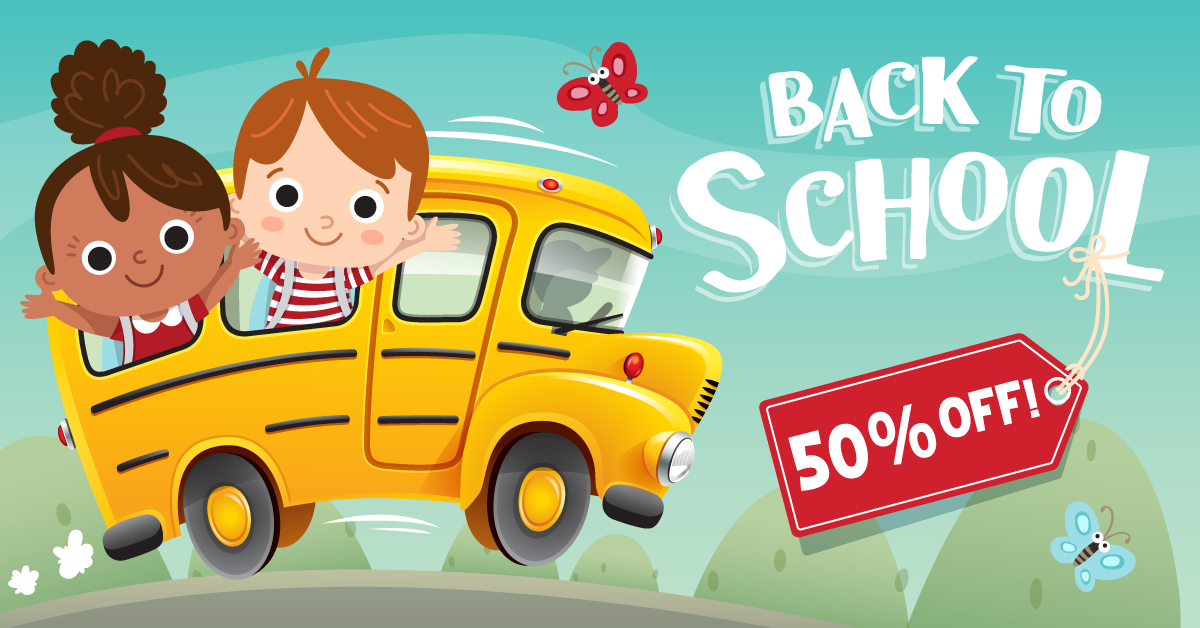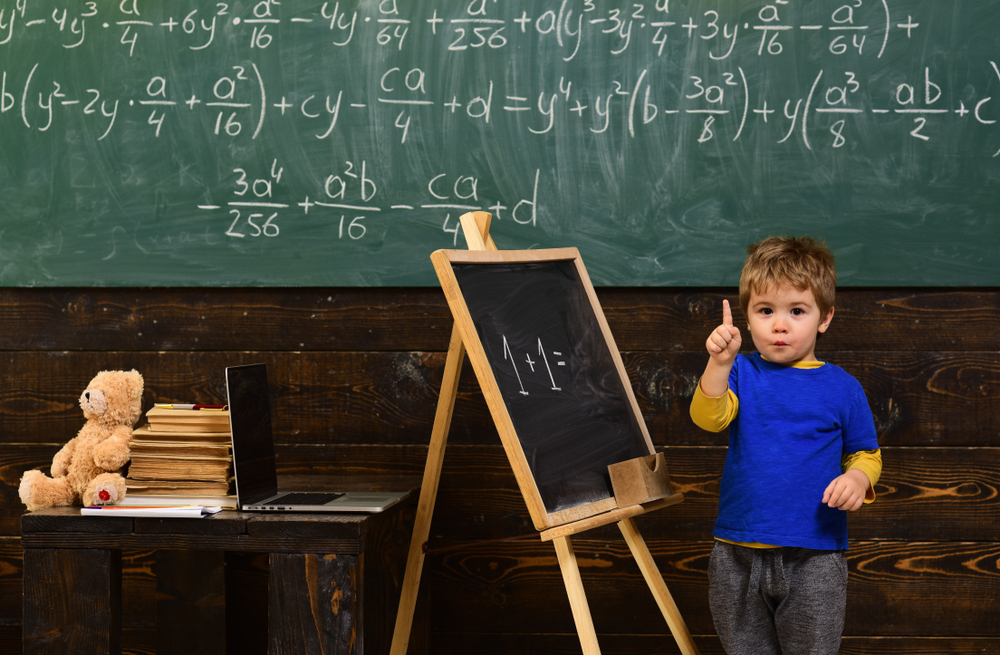Spelling practice Social Studies Worksheets for Ages 4-7
4 filtered results
-
From - To
Discover engaging Spelling Practice Social Studies Worksheets designed for children ages 4-7! Our interactive resources blend fundamental spelling skills with fascinating social studies concepts, helping young learners expand their vocabulary while exploring their world. Each worksheet is thoughtfully crafted to captivate young minds, featuring colorful illustrations and age-appropriate topics. Kids will enjoy enhancing their reading and writing abilities as they learn about communities, cultures, and geography. Perfect for both classroom and at-home learning settings, these worksheets foster independence and build essential skills in an entertaining way. Jumpstart your child's literacy journey today with our fun and educational materials!
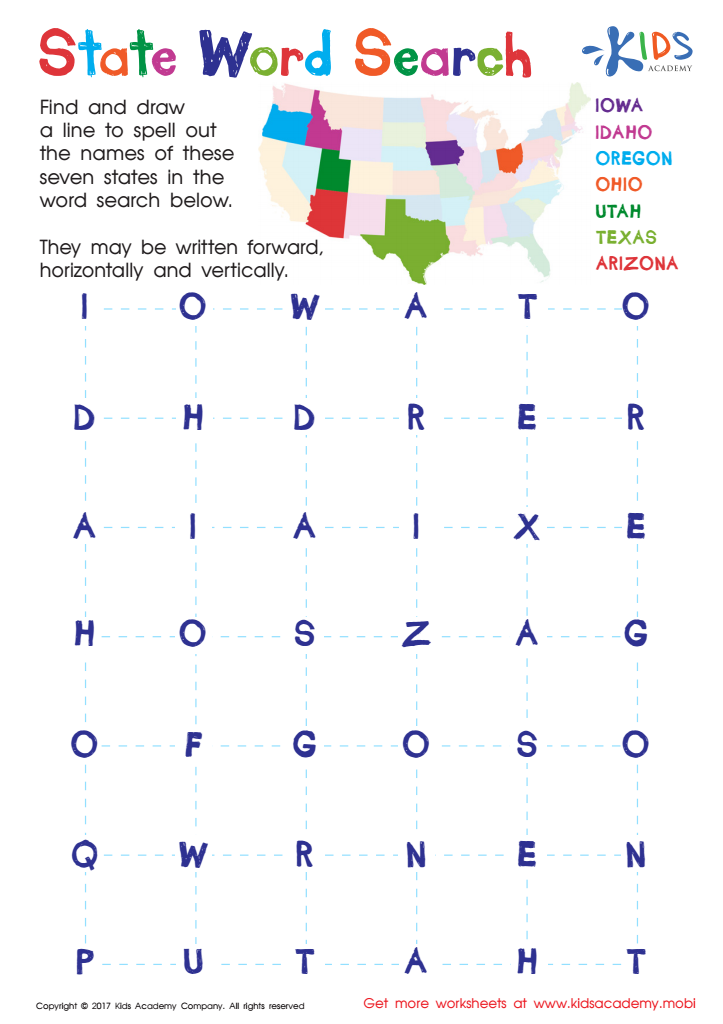

State Word Search Worksheet
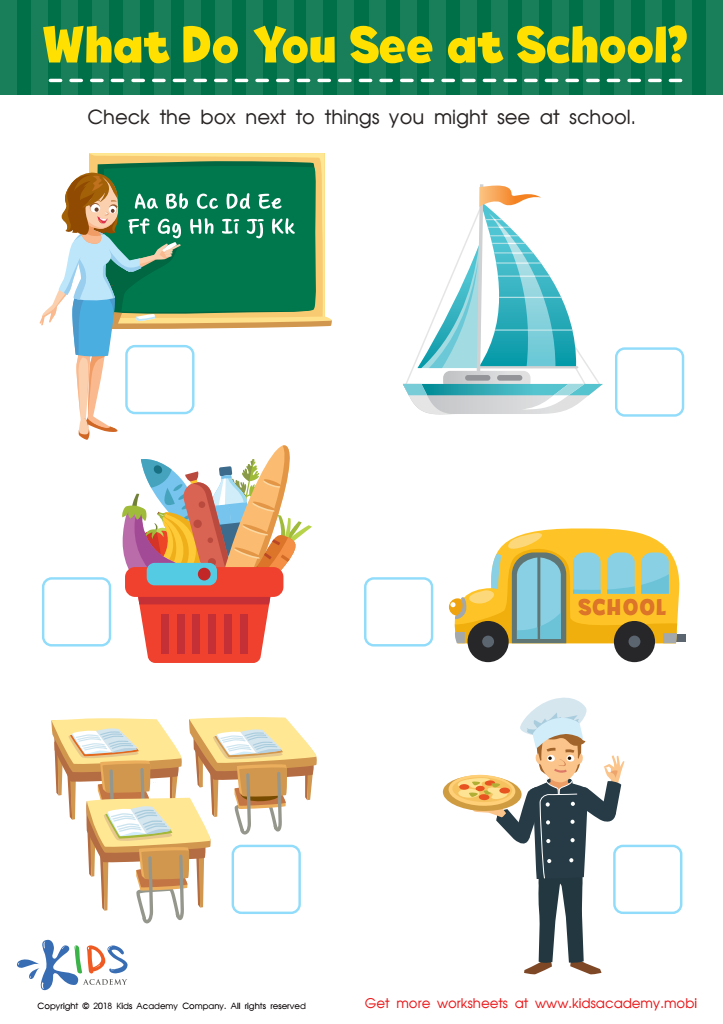

What Do you See at School? Worksheet
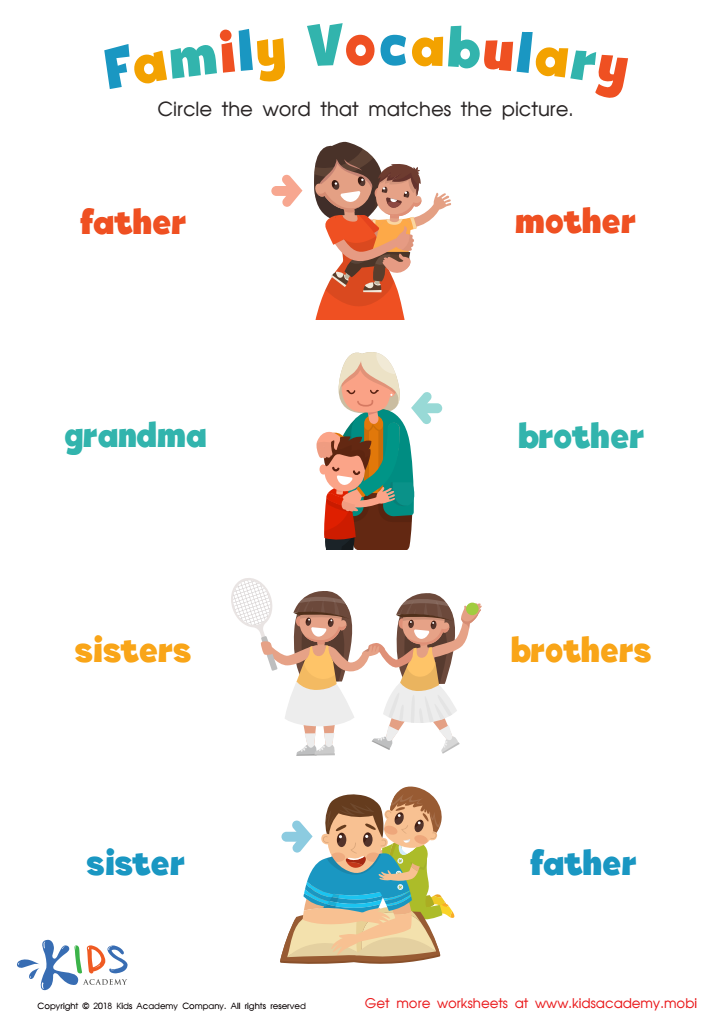

Family Vocabulary Worksheet
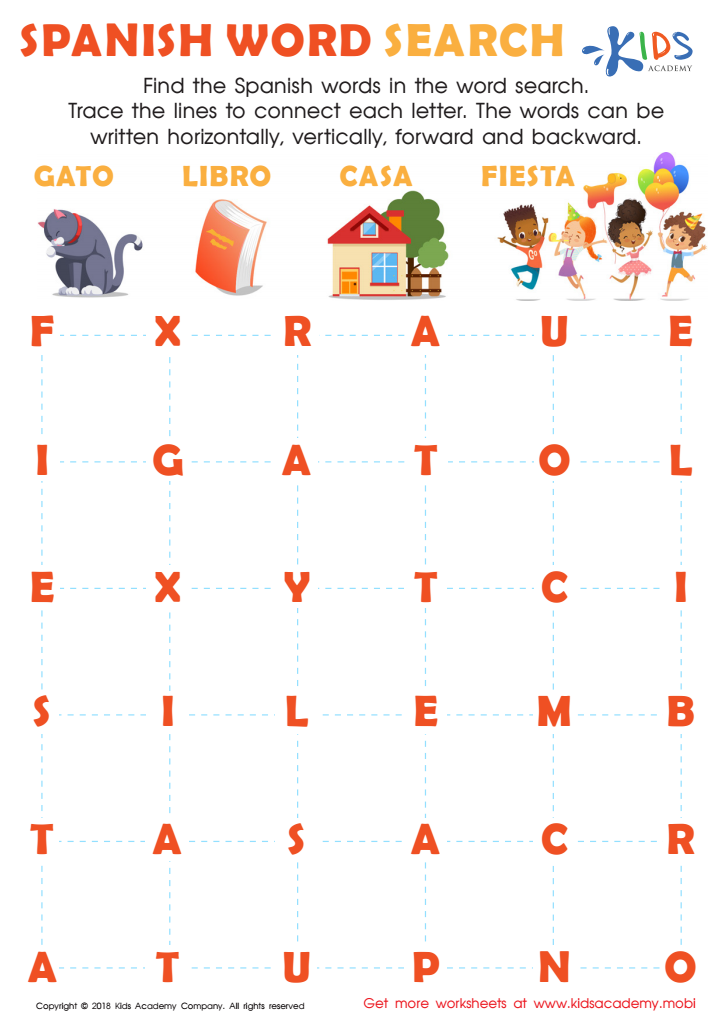

Spanish Word Search Worksheet
Spelling practice in Social Studies for children ages 4-7 is crucial for several reasons. First, it enhances early literacy skills, helping young learners develop a strong foundation in language. By connecting spelling with relevant Social Studies concepts, children not only learn to spell words but also gain knowledge about their world, including people, places, and cultures.
Additionally, integrating spelling into Social Studies fosters critical thinking. As children spell terms related to history, geography, or citizenship, they engage with the content on a deeper level, aiding comprehension and retention. This dual focus on language and social understanding enriches their educational experience, making learning more meaningful.
Moreover, addressing spelling in a contextual setting like Social Studies can make the process enjoyable. Curating fun activities such as word games, storytelling, or crafting creative projects helps maintain young children's interest and motivation.
Lastly, supporting spelling practices reinforces communication skills and builds confidence, essential for self-expression in school and beyond. The joint emphasis on spelling and Social Studies prepares children not just for academic success but also for becoming informed, articulate, and reflective members of society, which is a key objective of early education.

 Assign to My Students
Assign to My Students







